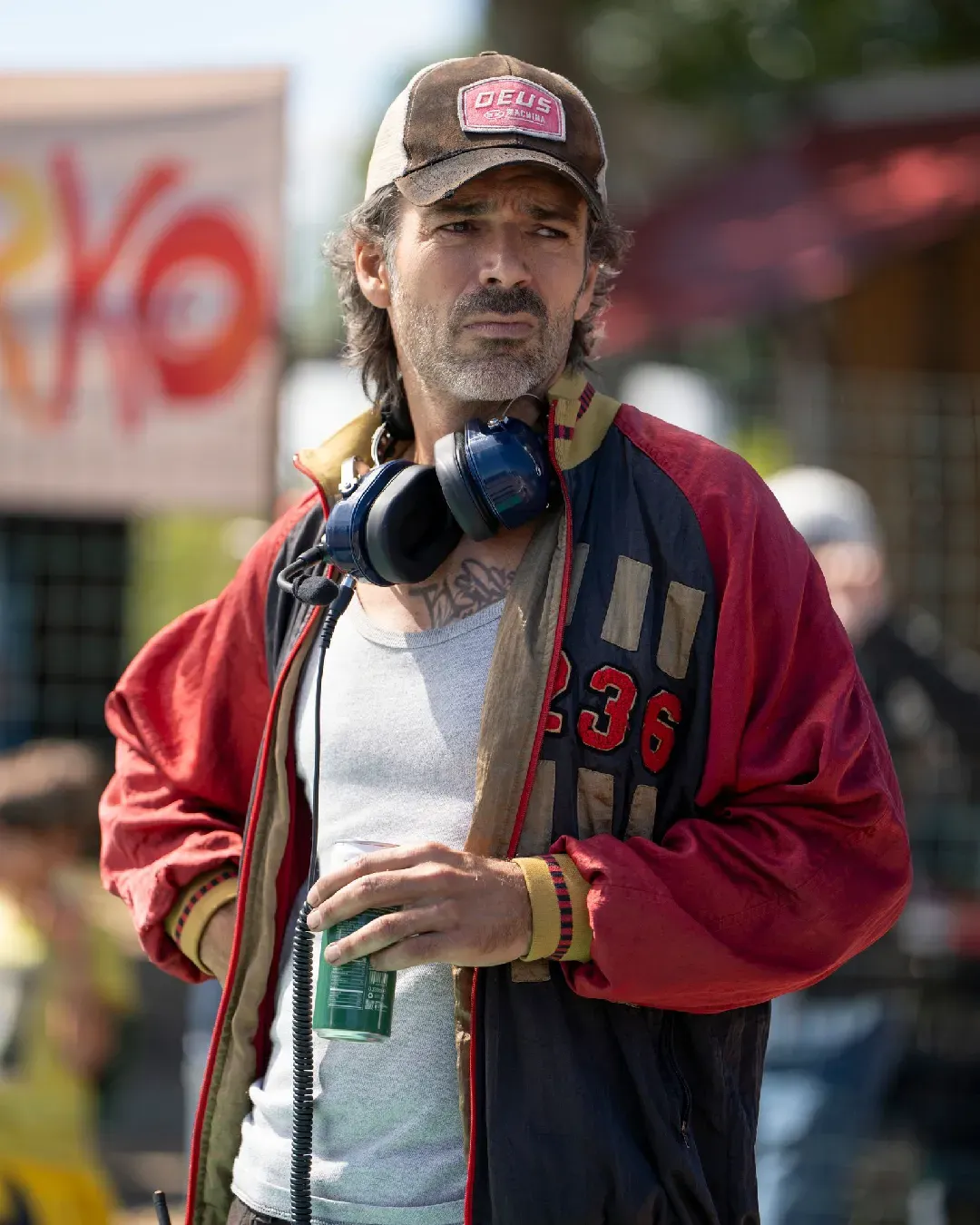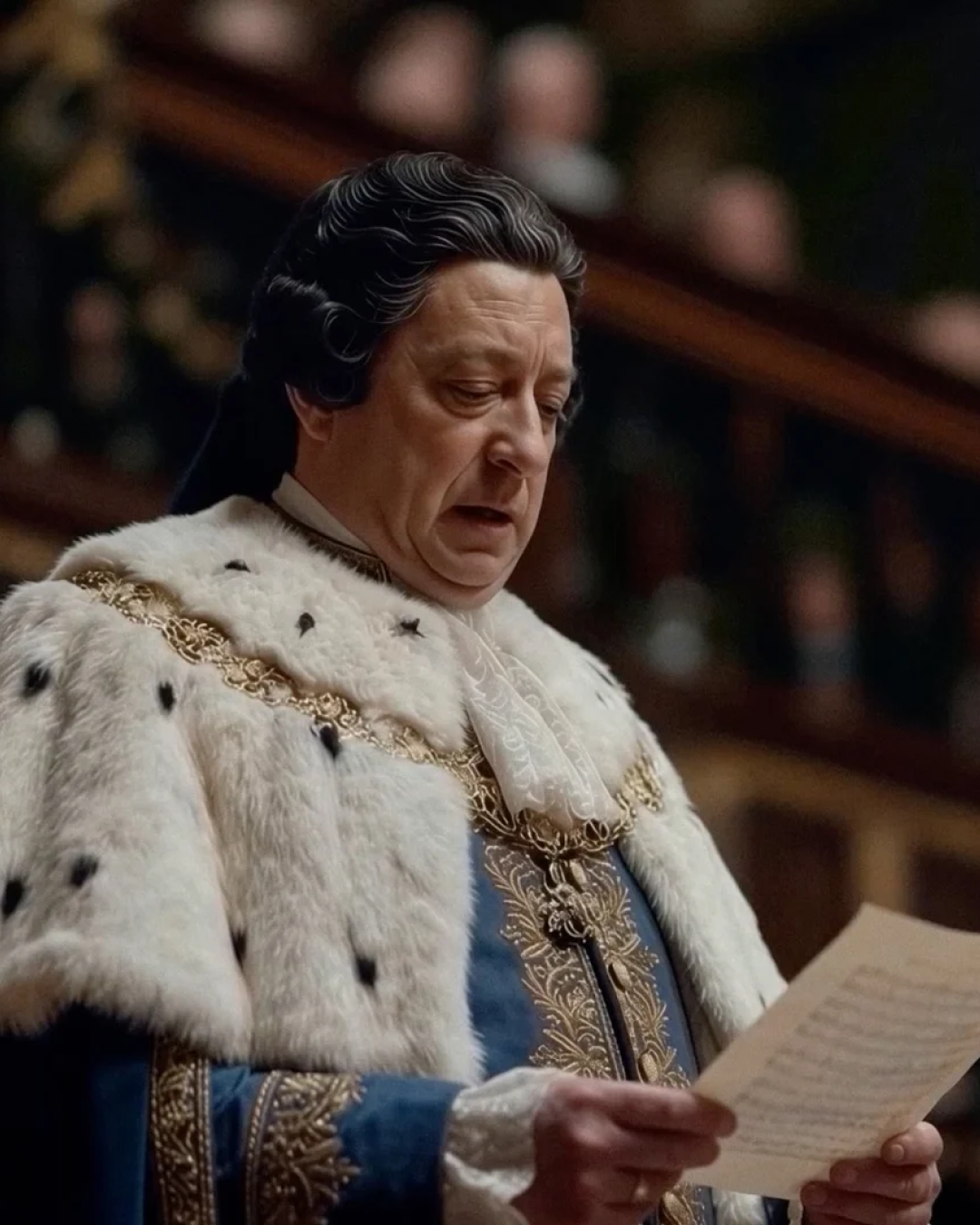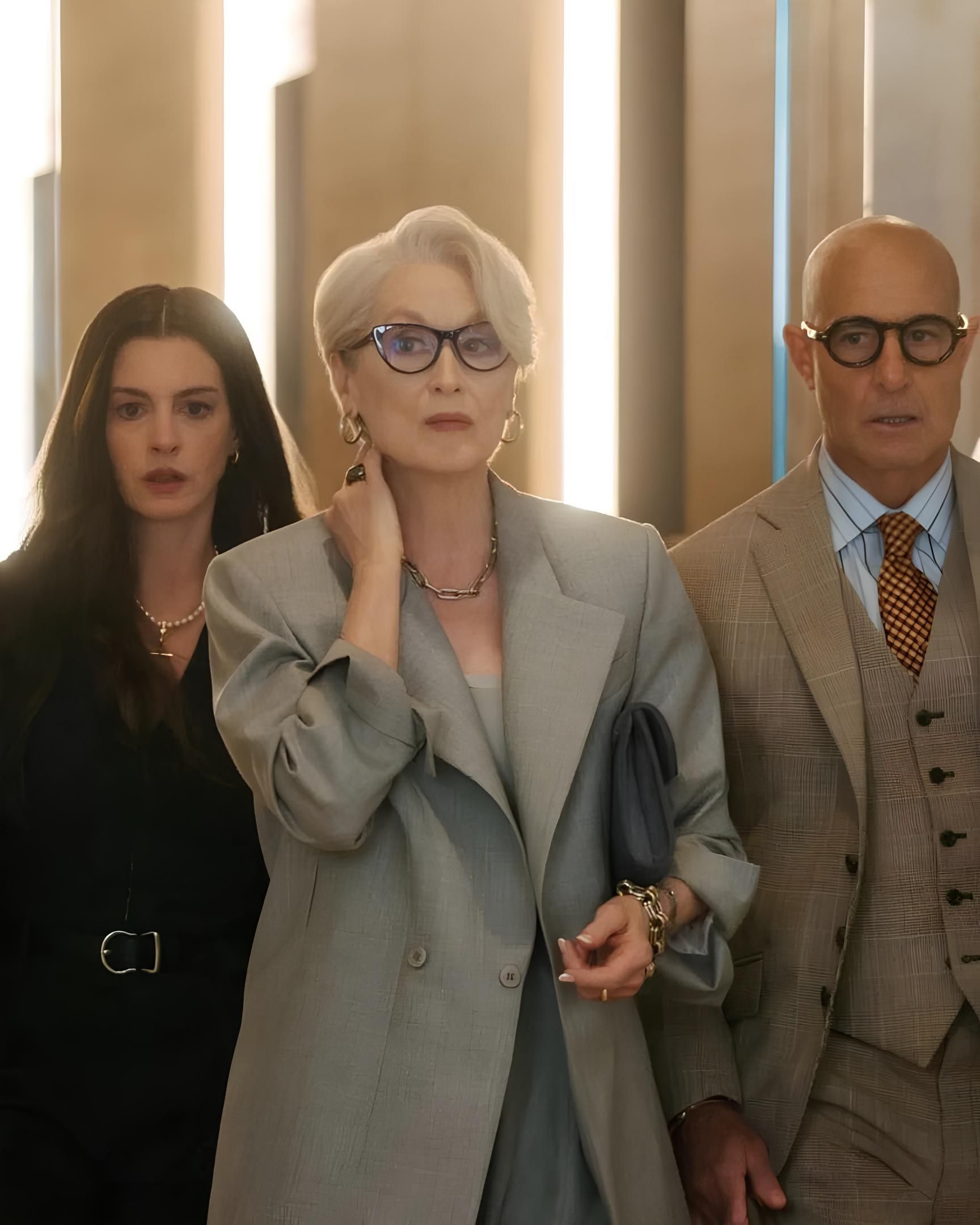
Can Hurry Up Tomorrow even be considered a film? The Weeknd's movie with Jenna Ortega and Barry Keoghan doesn't quite get to the point
There had been no news about Hurry Up Tomorrow. Based on the album of the same name by The Weeknd, released in January 2025, and starring the singer himself—who also co-wrote the story with Reza Fahim and director Trey Edward Shults—the film flew under the radar as major festivals overlooked it. Initially, it was thought this lack of interest was due to the ill-fated The Idol, the series by Euphoria creator Sam Levinson, which was criticized for including unnecessary sex scenes that offensively objectified the body and persona of the pop star portrayed by The Weeknd’s co-star, Lily-Rose Depp. But after watching Hurry Up Tomorrow, everything becomes clear. The little buzz and the fact that it flew well under the radar of those less attentive or devoted to the singer was more a form of protection than neglect. Also, it’s important to ask right away whether “film” is the right term to use, because it's not just the length of a product that determines its identity, but its content, the writing and production process it involves, and yes, sometimes, its success. The work, directed by Trey Edward Shults, is nothing more than a visual accompaniment to the tracks from The Weeknd’s album, devoid of a narrative. A story patched together with tape just to make sense of the editing, a fantasy game that’s neither psychedelic nor over the top, as it pretends to be, but rather a giant bluff to accompany the artist’s musical work, ultimately weakened by a sterile and titillating container.
In Hurry up Tomorrow, it’s unclear whether the film is supposed to explain the lyrics or the lyrics are supposed to explain the film. Everything feels forced in an attempt to grasp its meaning, which is also the main concern not so much for the protagonist, The Weeknd, but for the confused and not well-developed character played by Jenna Ortega, who is also an executive producer. On one side, a music icon whose broken heart is affecting his vocal cords and mental health (also referencing a real-life event where the pop star lost his voice during a concert); on the other, a girl burning every bridge with her past. The film ends up becoming a poor imitation of Misery in an ambiguous relationship between star and fan that inevitably carries a more metaphorical meaning. As if The Weeknd feared his lyrics wouldn’t hit hard enough, as if his sound needed discursive support that, instead, only dilutes it. The result weakens the singer’s path rather than enriching it (as shown by a U.S. box office stuck at $5 million, with a $15 million budget), also impacting the career of talented director Shults and rising stars like the aforementioned Ortega and Barry Keoghan, who plays the manager. An operation that perhaps makes sense to pass in silence. A slightly too long visual album that wants to be called a film—but in the end, really isn’t.













































